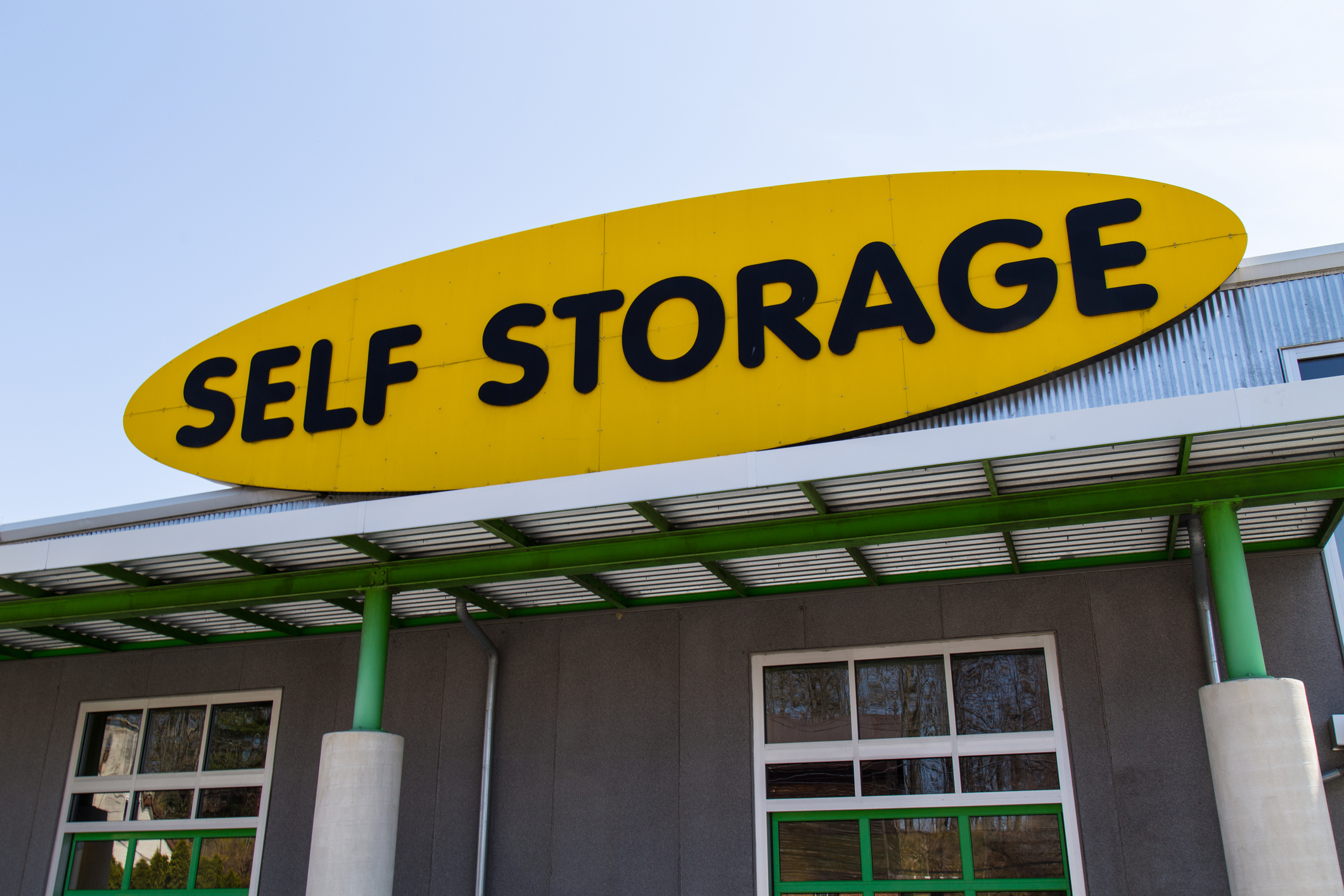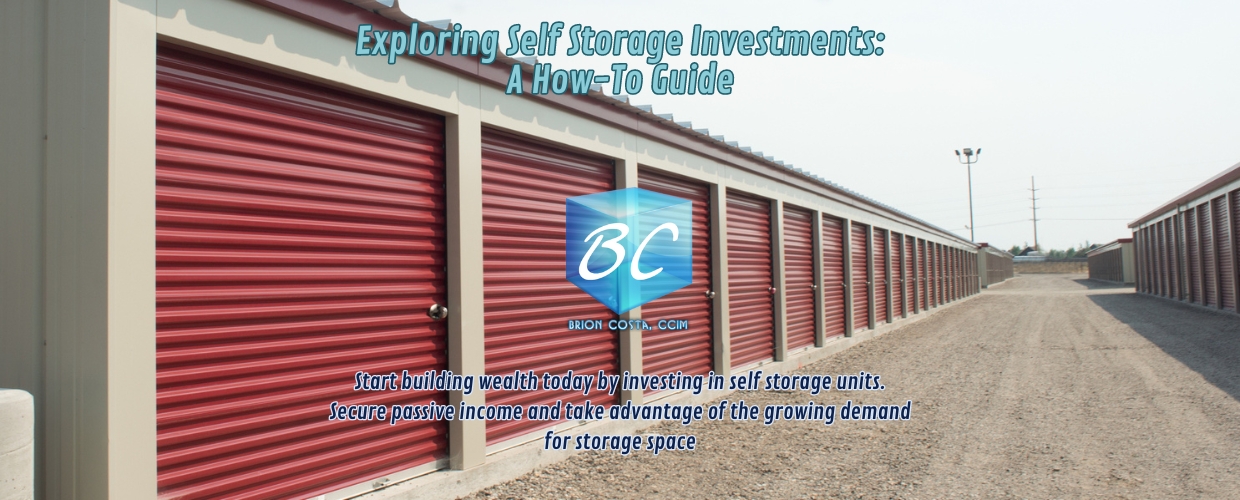In the dynamic world of commercial real estate, self-storage emerges as a beacon of stability and potential for discerning investors. My name is Brion Costa, a Certified Commercial Investment Member (CCIM) with Century 21 Adams and Barnes in Monrovia, CA. Leveraging years of experience, I've navigated the ebbs and flows of the market to identify lucrative opportunities. This guide aims to unpack the nuances of self-storage investments, offering insights into why and how they can be a valuable addition to your portfolio.
What Is Self Storage?
Self-storage facilities provide a versatile solution for individual and business storage needs. This segment caters to a broad audience, from families undergoing transitions to companies seeking extra space for inventory. The self-storage model is straightforward: customers rent units to store their possessions for a monthly fee, ensuring a steady income stream for owners.
Benefits of Investing in Self Storage
Investing in self-storage offers several compelling advantages. High demand, resilience during economic downturns, and the potential for significant returns stand out. Unlike residential or office spaces, self-storage units have lower maintenance costs and can adapt to market changes more flexibly, making them an appealing option for investors seeking diversity in their real estate portfolios.
Factors to Consider Before Investing
Embarking on a self-storage investment journey requires thoughtful consideration of several key factors:
Location, Location, Location: Choosing the Right Site
The adage "location is everything" holds particularly true for self-storage investments. Prime locations with high visibility, easy access, and in areas with growing populations or limited storage options tend to perform best. Conducting thorough market research and feasibility studies can pinpoint locations with the highest potential for success.
Understanding the Demand for Self Storage
Demand for self-storage is driven by various factors, including urbanization, downsizing trends, and lifestyle changes. Identifying demographics such as homeownership rates, apartment living prevalence, and business growth within your target area will inform demand projections and investment viability.

Photo 57872503 © Georgesheldon | Dreamstime.com
Determining the Profitability of a Self Storage Investment
Profitability hinges on several variables:
Exploring Financing Options for Self Storage Investments
Financing a self-storage facility can be achieved through multiple avenues. Traditional bank loans, Small Business Administration (SBA) loans, and private investors are common sources. Each option has its nuances, from interest rates to repayment terms, impacting the overall financial structure of your investment.
Managing and Operating a Self Storage Facility
Effective management is pivotal for a self-storage facility's success. This encompasses everything from employing a skilled management team and utilizing digital marketing strategies to attract customers, to maintaining the physical premises. Adopting technology, such as online booking and payment systems, can enhance operational efficiency and customer satisfaction.
Conclusion
Self-storage investments present a unique opportunity within the commercial real estate sphere, blending resilience with profitability. However, they are not devoid of risks. Market dynamics, economic shifts, and operational challenges necessitate a strategic approach.
As a CCIM, I am equipped to guide you through the complexities of self-storage investment, ensuring your venture is grounded in expertise and market insight. For those considering this path, I extend an invitation to you to make use of my knowledge and services, inviting you to explore how self storage investments can complement your portfolio.
Brion Costa, CCIM
Century 21, Commercial
626-695-7385
DRE#: 00939864


